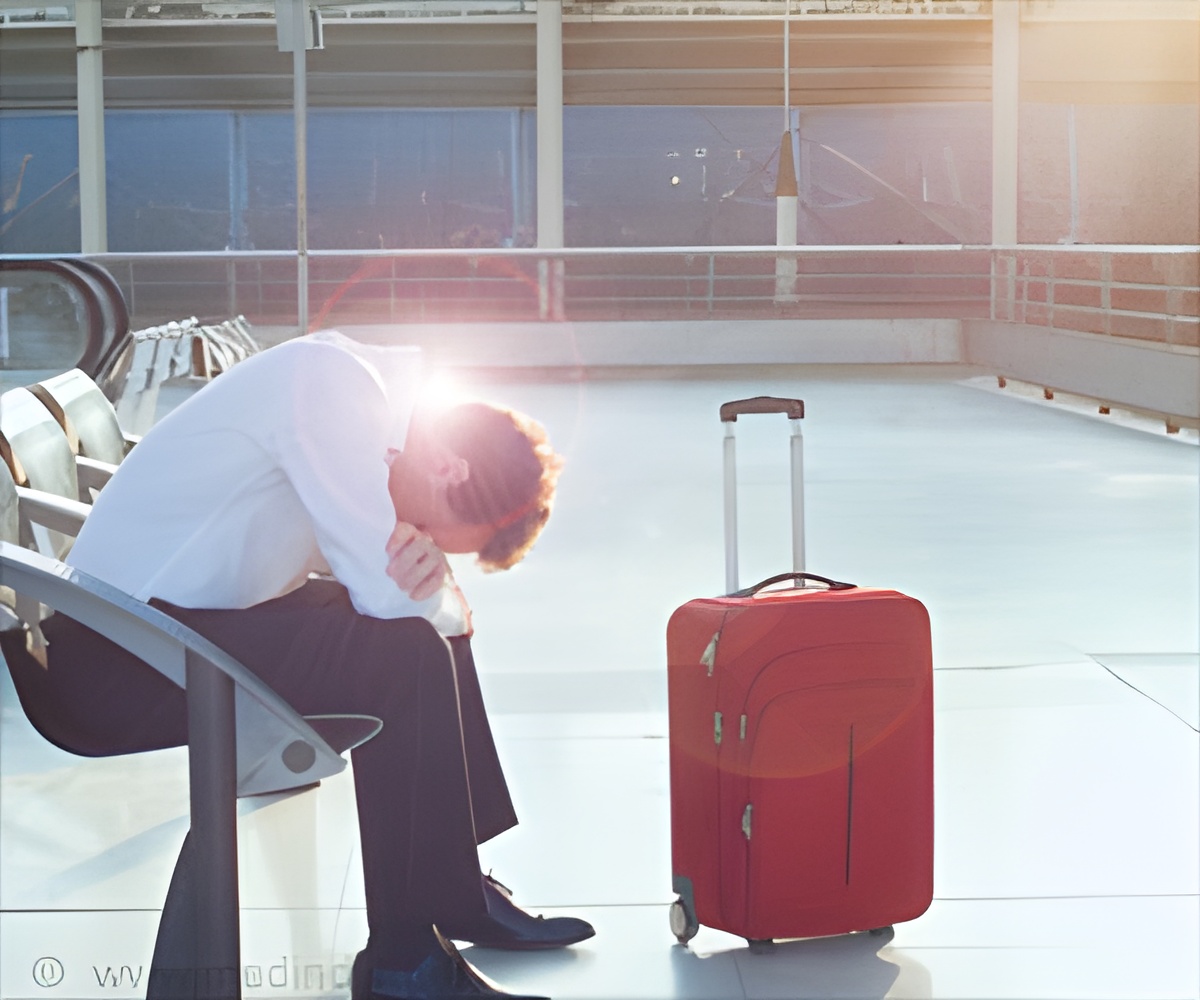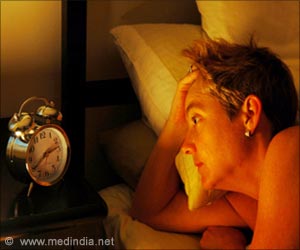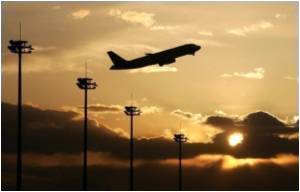Patients can experience a jet lag following surgery using general anesthesia for about a period of 2-3 days, which can set back their recovery.

‘Getting rid of the jet-lag caused by anesthesia by blue light helps patients sleep better after surgery, improving wound healing and helping the immune system.’





Associate Professor Guy Warman stated that sun light exposure was the key to reducing chemically-induced jet lag. He explained that the bees had an inbuilt sun compass that they used to navigate and move their bodies with the time they thought it was. Researchers have tried the same technique on kidney donor patients, because the operation will take place in the early morning hours. Exposing them to blue light post-surgery helped them resume to the usual sleep patterns without any jet lag.
Prof Warman will present his findings at the annual meeting of the Australian and New Zealand College of Anaesthetists in Auckland.
Source-Medindia













